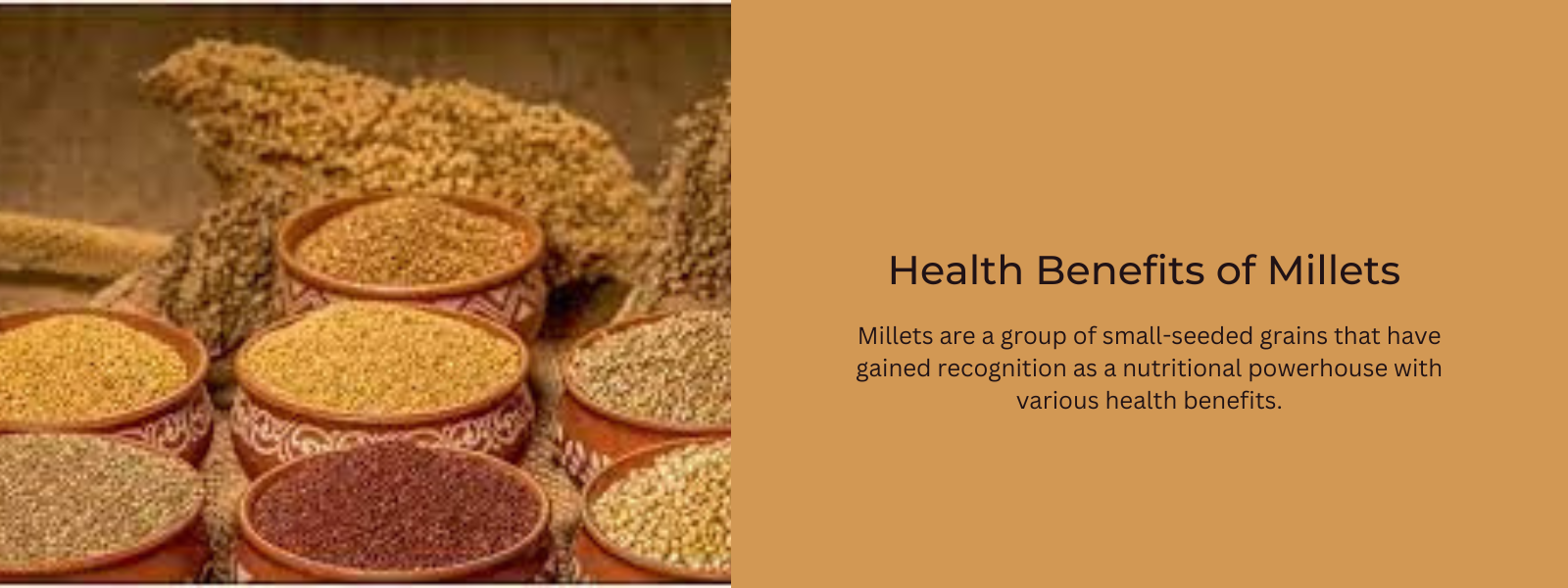Beef refers to the meat obtained from cattle, particularly adult cows and bulls raised for their meat. It is one of the most widely consumed types of meat globally and is valued for its flavor, protein content, and nutritional benefits.
Table of Contents
Nutritional Composition Of Beef:
Beef is rich in several essential nutrients, including:
- Protein: High-quality protein essential for muscle growth, repair, and overall body function.
- Vitamins: Such as B vitamins (B12, B6, niacin), which are important for energy metabolism, nerve function, and red blood cell formation.
- Minerals: Including iron, zinc, phosphorus, and selenium, which are crucial for various bodily functions like oxygen transport, immune support, and bone health.
- Fats: Beef contains both saturated and unsaturated fats, with varying amounts depending on the cut. Lean cuts of beef are lower in saturated fats.
Culinary Uses of Beef
Versatility: Beef is highly versatile and can be prepared using various cooking methods:
- Grilling: Popular cuts for grilling include ribeye, sirloin, and T-bone steaks.
- Roasting: Large cuts like prime rib or beef tenderloin are often roasted in the oven.
- Stewing and Braising: Tougher cuts such as chuck or brisket are ideal for slow cooking methods like stewing and braising, which tenderize the meat.
- Ground Beef: Used in dishes like burgers, meatballs, chili, and pasta sauces.
Cultural Significance Of Beef:
Beef is a staple in many cuisines worldwide, from American steakhouses to European roasts, Asian stir-fries, and South American barbecue traditions.
Health Benefits of Beef
Protein Source: Beef is an excellent source of high-quality protein, which is essential for:
- Muscle Maintenance: Protein supports muscle growth, repair, and overall strength.
- Satiety: Protein-rich foods like beef help promote feelings of fullness and aid in weight management.
Iron Content: Beef is one of the best dietary sources of heme iron, which is more readily absorbed by the body compared to non-heme iron found in plant-based foods. Iron is crucial for:
- Oxygen Transport: Heme iron helps transport oxygen in red blood cells throughout the body.
- Energy Production: Iron is also involved in energy metabolism and cellular function.
Vitamin B12: Beef is a significant source of vitamin B12, essential for:
- Nervous System Function: B12 supports nerve health and helps prevent neurological disorders.
- Red Blood Cell Formation: B12 is crucial for the synthesis of red blood cells, preventing anemia and supporting overall energy levels.
Zinc and Selenium: These minerals found in beef contribute to:
- Immune Function: Zinc and selenium are important for immune system support and wound healing.
- Antioxidant Defense: Selenium acts as an antioxidant, protecting cells from damage caused by free radicals.
Beef Vitamin B12 Health Benefits
Here's a detailed overview of the health benefits of vitamin B12 found in beef:
- Energy Production and Metabolism
- Role: Vitamin B12 plays a crucial role in the metabolism of fats and carbohydrates into energy. It helps convert these nutrients into glucose, which is the primary source of energy used by the body.
- Impact: Adequate levels of vitamin B12 are necessary for maintaining energy levels throughout the day. Deficiency can lead to fatigue and weakness due to impaired energy production.
- Red Blood Cell Formation
- Role: Vitamin B12 is essential for the synthesis of hemoglobin, the protein in red blood cells that carries oxygen from the lungs to tissues throughout the body.
- Impact: Without enough vitamin B12, red blood cells can become abnormally large and unable to function properly, leading to a condition known as megaloblastic anemia. Symptoms include fatigue, weakness, and shortness of breath.
- Nervous System Support
- Role: Vitamin B12 is crucial for maintaining the health of the nervous system. It is involved in the production of myelin, a protective sheath that surrounds and insulates nerve fibers.
- Impact: Myelin facilitates the efficient transmission of nerve impulses. Vitamin B12 deficiency can lead to nerve damage and neurological symptoms such as numbness, tingling sensations, and difficulty walking.
- DNA Synthesis and Cell Division
- Role: Vitamin B12 is required for the synthesis of DNA, the genetic material present in all cells. It also plays a role in cell division and growth.
- Impact: Adequate vitamin B12 levels are essential for proper cell function and tissue repair. Deficiency can impair these processes and affect overall cellular health.
- Cognitive Function and Mood Regulation
- Role: Vitamin B12 is important for brain function and mental health. It supports the synthesis of neurotransmitters such as serotonin and dopamine, which regulate mood and cognitive function.
- Impact: Low levels of vitamin B12 have been associated with cognitive impairment, memory problems, and mood disorders such as depression and anxiety.
- Heart Health
- Role: Vitamin B12, along with other B vitamins (B6 and folate), helps regulate homocysteine levels in the blood.
- Impact: Elevated homocysteine levels are a risk factor for cardiovascular disease. Adequate intake of vitamin B12 may help lower homocysteine levels and reduce the risk of heart disease.
- Immune Function
- Role: Vitamin B12 supports immune function by contributing to the production and function of white blood cells, which are essential for fighting infections and maintaining a healthy immune system.
- Impact: Deficiency in vitamin B12 can compromise immune function, making individuals more susceptible to infections and illnesses.
Sources of Vitamin B12 in Beef
- Rich Source: Beef, particularly organ meats such as liver, is a rich source of vitamin B12. Lean cuts of beef also contain significant amounts of this vitamin.
- Nutrient Profile: In addition to vitamin B12, beef provides high-quality protein, iron, zinc, and other B vitamins, all of which contribute to overall health and well-being.
Considerations
While beef offers numerous health benefits, it's important to choose lean cuts and moderate portion sizes to minimize saturated fat intake. Incorporating a variety of meats and plant-based proteins into a balanced diet ensures a diverse array of nutrients and promotes overall health.











Leave a comment